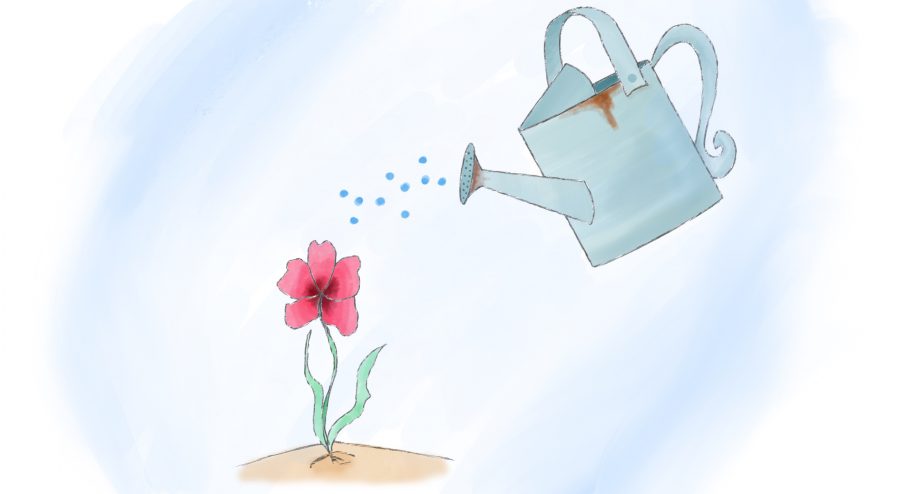It’s no secret science, technology, engineering and math departments are predominantly male and white. Because of this, it can be difficult for women, people of color, first-generation students and other marginalized groups to navigate these fields and obtain the same opportunities as their white male peers. According to UT data from the fall of 2017, only 6.4 percent of CNS undergraduates are black and only about 22.9 percent are Hispanic. In majors such as computer science and physics, only about 20 percent of students are women.
Although there are small organizations for minorities in specific majors around campus, UT lacks a broad organization that supports marginalized students in STEM fields. The College of Natural Sciences, Jackson School of Geosciences and the Cockrell School of Engineering should create a student-led organization for undergraduates encompassing all STEM majors in order to provide mentorship resources for marginalized students.
Currently, one of the only ways minority students at UT can voice concerns is through the Office for Inclusion and Equity, which addresses discrimination complaints. However, seeking help from the office can be daunting for some students. Having student-to-student conversations to voice concerns may be easier for some students. Although there are now several clubs providing resources for specific minority groups in STEM, not every STEM student has access to this sort of outlet. Many smaller STEM majors lack clubs to support marginalized students, and therefore these students may have trouble finding mentors or peers.
Specified clubs that promote inclusion are, of course, important to helping marginalized groups succeed, but the creation of a broader STEM mentorship group could provide students with professional opportunities as well as general guidance and support.
Javier Banda, a computer science senior and Hispanic Association of Computer Scientists president, agreed the creation of a group like this would be helpful to many marginalized students in STEM.
“I know of other freshmen from when I started who are no longer in CNS because of how difficult it was to not have somewhere to go (for guidance),” Banda said. “If I was a freshman or sophomore who was struggling, I would definitely be looking for resources, and something like this would be really helpful.”
Banda said the success of even a small club such as the association speaks to the need for organizations that will support marginalized students.
“Students are very receptive to having resources,” Banda said. “As long as HACS has been around, I’ve never met a student that isn’t excited about it. I would say that any kind of effort is definitely a step forward in supporting a more diverse group of students … Just existing as a resource makes a big difference to students.”
Ideally, a group like this would be comprised of students from every STEM major and encompass as many diverse backgrounds as possible. Knowing someone with a similar background can serve as encouragement to students who would feel less alone or alienated within STEM under such an organization.
Corrinne Cassel, a chemical engineering junior and vice president of the National Society of Black Engineers said she often finds she’s the only black person in classes or groups, which can be overwhelming.
“It’s not that I feel unwelcome, but there’s not really anyone actively welcoming me and saying ‘Hey, you’re welcome to the table,’” Cassel said. “It’s definitely difficult and it’s definitely nice when you see someone who looks like you.”
It is essential that UT does its best to support and encourage marginalized groups within STEM majors as it would better allow people within these groups to easily voice concerns or seek advice. A diverse student-led organization that offers guidance and encouragement to marginalized groups would ensure students feel more welcome and willing to pursue STEM fields.
Nayak is a communication sciences and disorders freshman from Austin.





















